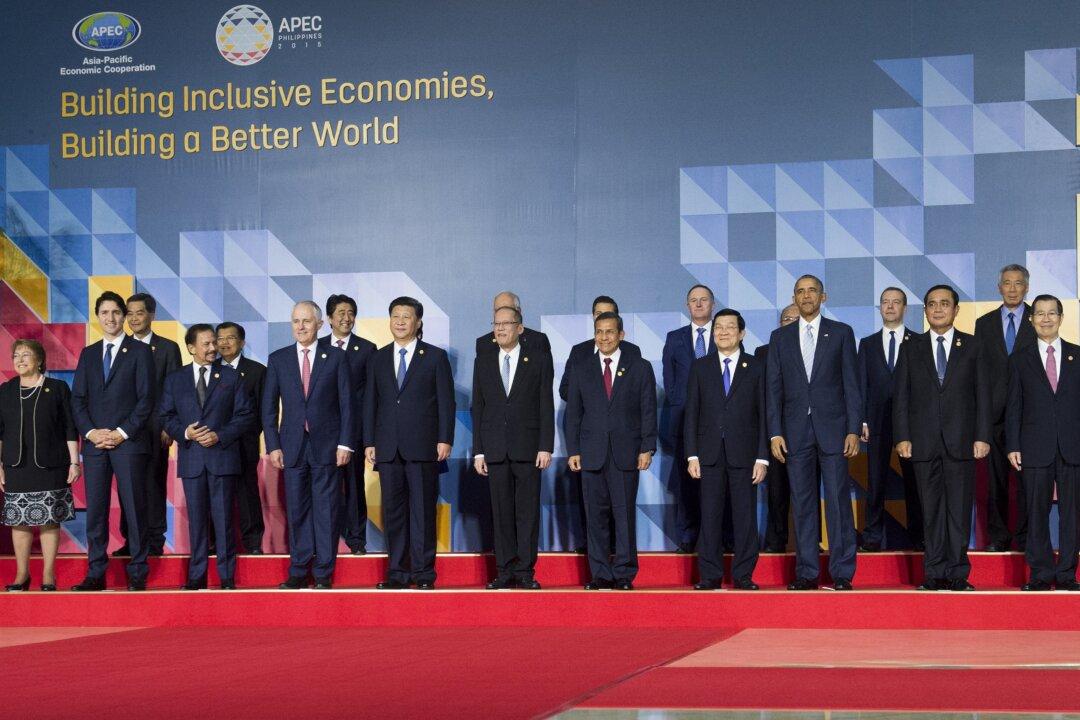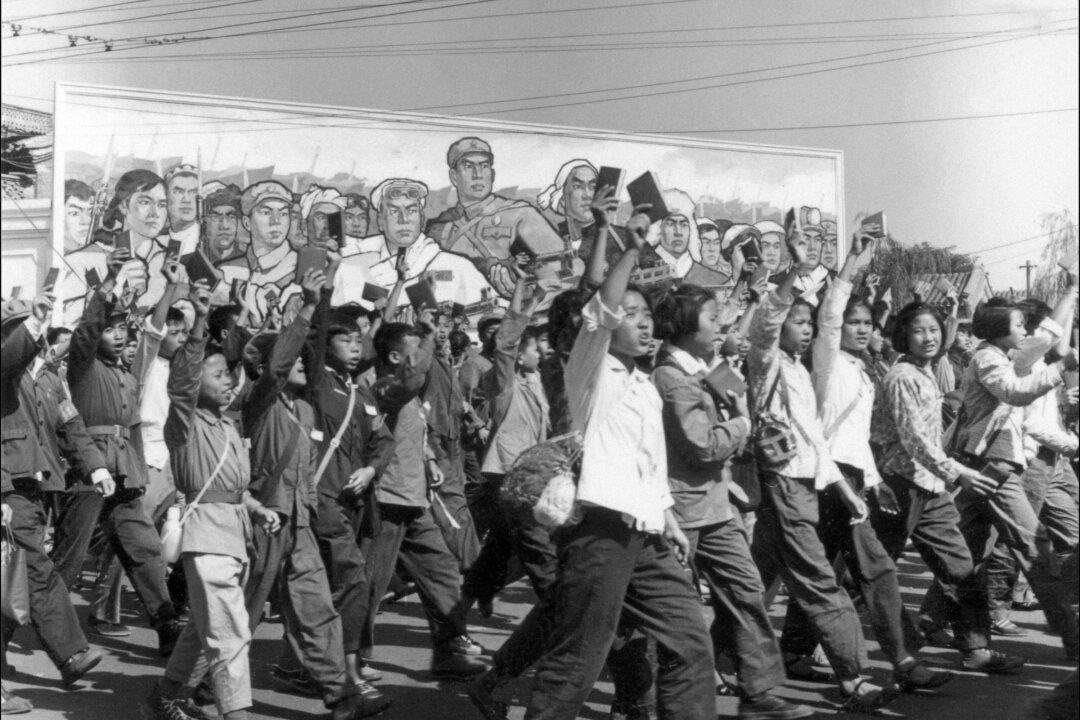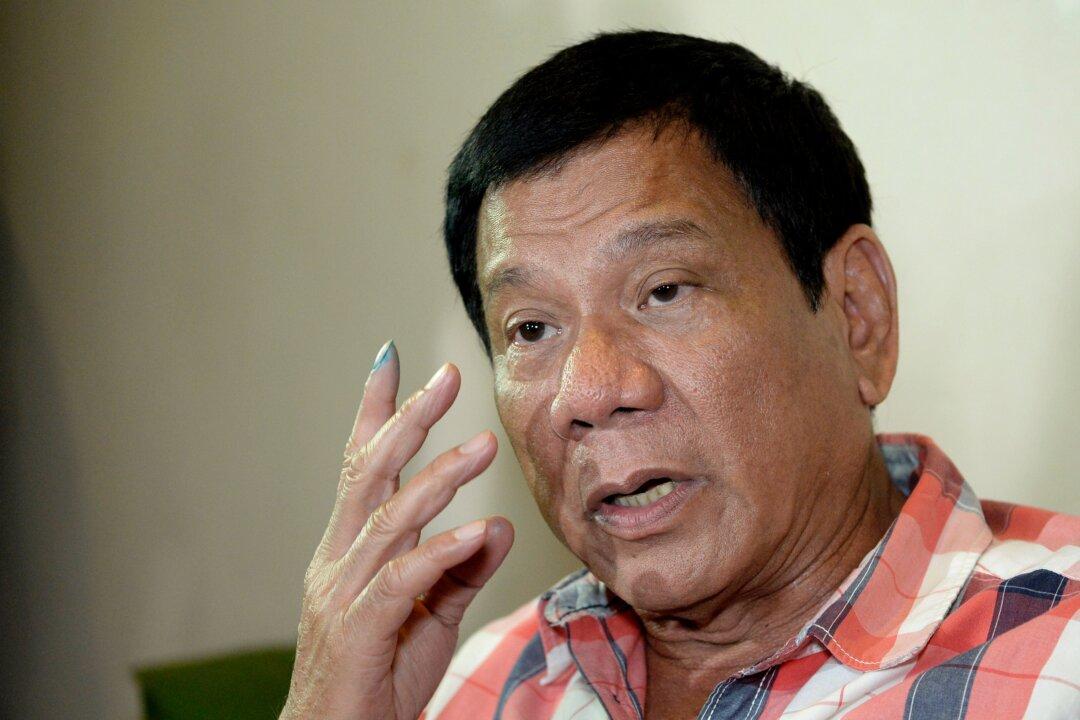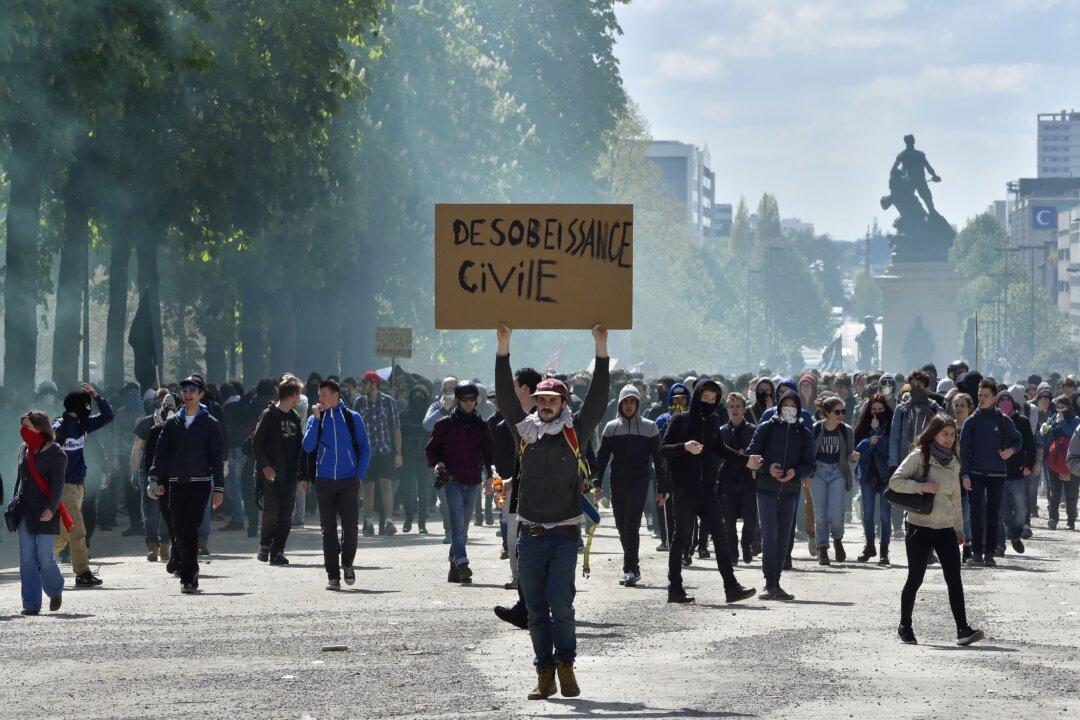One of the distinctive features of the contemporary international order is the role played by multilateral organizations. Ever since the United States became the dominant force in international affairs in the aftermath of World War II, institutionalized patterns of cooperation have been an increasingly important part of the way the world works.
Despite criticisms that some of these institutions, such as the World Bank and the International Monetary Fund (IMF), are either instruments of American hegemony and/or lacking in legitimacy, there is general agreement that they have been closely associated with the remarkable period of economic liberalization and development that has taken place over the last 50 or 60 years.
Now, however, there are growing doubts about how effective such institutions are in actually dealing with the recurrent economic crises that plague the international system and which seem so resistant to remedy.




